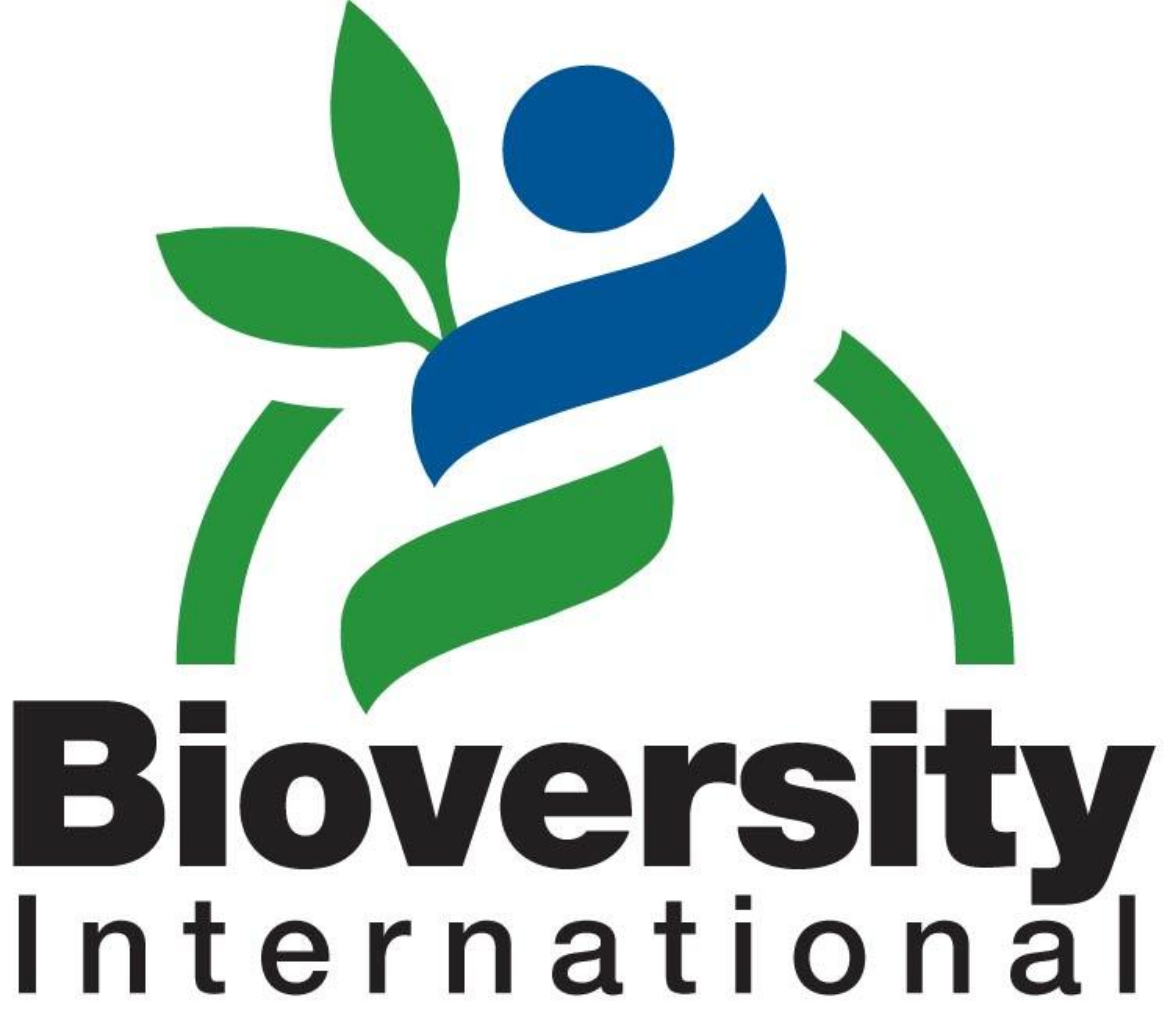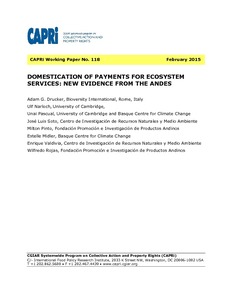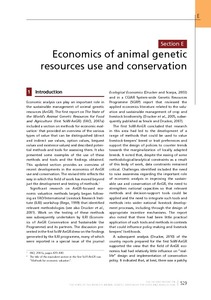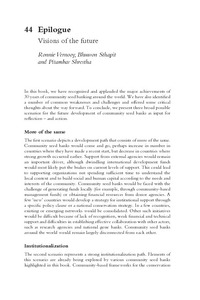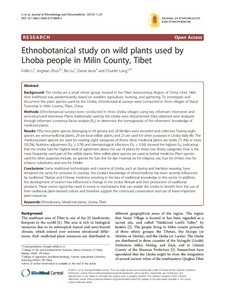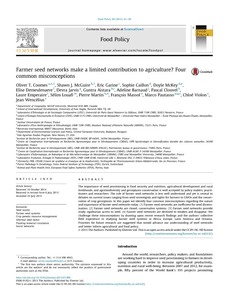Location
Bioversity International is a global research-for-development organization. We have a vision – that agricultural biodiversity nourishes people and sustains the planet.
We deliver scientific evidence, management practices and policy options to use and safeguard agricultural and tree biodiversity to attain sustainable global food and nutrition security.
We work with partners in low-income countries in different regions where agricultural and tree biodiversity can contribute to improved nutrition, resilience, productivity and climate change adaptation.
Members:
Resources
Displaying 91 - 95 of 184Domestication of payments for ecosystem services: new evidence from the Andes.
The current project has sought to assess i) the potential of agricultural biodiversity-focused PES to serve as a cost-effective and socially equitable domesticated diversity conservation incentive scheme, as well as ii) how economic incentive mechanisms such as PES can be designed to build on and complement local institutions of collective action. Results are presented from pilot Payment for Agrobiodiversity Conservation (PACS) schemes and framed field experiments implemented in the Bolivian and Peruvian Andes aimed at sustaining diversity within quinoa, a traditional Andean grain.
Economics of animal genetic resources use and conservation
Economic analysis can play an important role in the sustainable management of animal genetic resources (AnGR). The first report on The State of the World’s Animal Genetic Resources for Food and Agriculture (first SoW-AnGR) (FAO, 2007a) included a section on methods for economic evaluation 1 that provided an overview of the various types of value that can be distinguished (direct and indirect use values, option values, bequest values and existence values) and described potential methods and tools for assessing them.
Ethnobotanical study on wild plants used by Lhoba people in Milin County, Tibet.
The Lhoba are a small ethnic group, located in the Tibet Autonomous Region of China. Until 1960, their livelihood was predominantly based on swidden agriculture, hunting, and gathering. To investigate and document the plant species used by the Lhoba, ethnobotanical surveys were conducted in three villages of Nanyi Township in Milin County, Tibet, China.
Farmer seed networks make a limited contribution to agriculture? Four common misconceptions
The importance of seed provisioning in food security and nutrition, agricultural development and rural livelihoods, and agrobiodiversity and germplasm conservation is well accepted by policy makers, practitioners and researchers. The role of farmer seed networks is less well understood and yet is central to debates on current issues ranging from seed sovereignty and rights for farmers to GMOs and the conservation of crop germplasm. In this paper we identify four common misconceptions regarding the nature and importance of farmer seed networks today.

